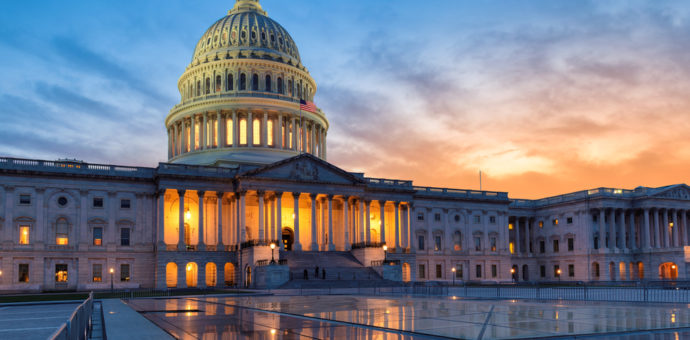The proposed cryptocurrency regulation in the U.S. Congress gives the U.S. government power to allow or ban stablecoins pegged to national currencies.
According to the measure’s sponsor, Representative Don Beyer, Chairman of the Joint Economic Committee of the United States Congress, the current digital asset market structure and regulatory framework is too “ambiguous and dangerous for investors and consumers”.
Check the main points of the measure, according to Coindesk:
- It creates statutory definitions for digital assets and digital asset securities. It provides the Securities and Exchange Commission (SEC) authority on digital asset securities and the Commodity Futures Trading Commission (CFTC) authority on the digital assets themselves.
- It requires that digital asset transactions that are not on a distributed public record be reported to a Digital Asset Trading Repository within 24 hours to minimize the potential for fraud and promote transparency.
- It adds digital assets and digital asset securities to the statutory definition of “monetary instruments” under the Bank Secrecy Act (BSA). This will formalize regulatory requirements for digital assets and digital asset securities in compliance with anti-money laundering, recordkeeping, and reporting requirements.
- It provides the Federal Reserve with explicit authority to issue a digital version of the US dollar. It also clarifies that digital assets, digital asset securities, and fiat-based stablecoins are not legal tender of the US. It allows the US Secretary of the Treasury to permit or prohibit US dollar and other fiat-based stablecoins.
- It instructs the Federal Deposit Insurance Corporation (FDIC), the National Credit Union Administration (NCUA), and the Securities Investor Protection Corporation (SIPC) to issue notices to consumers about the “non-coverage” of digital assets or digital asset securities. As a result, consumers will be aware they are not insured or protected in the same way as bank deposits or securities.







